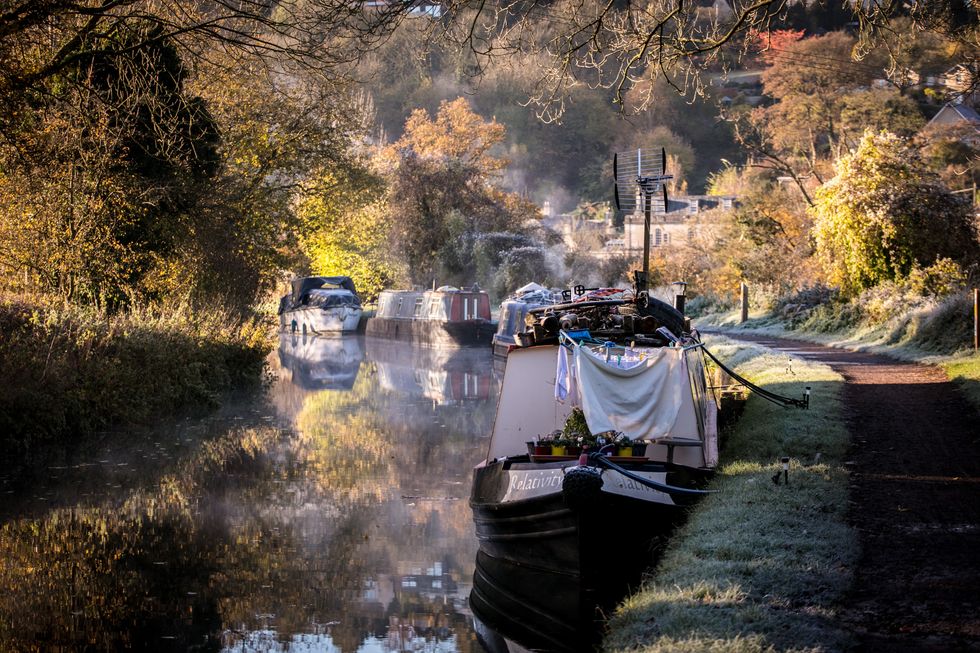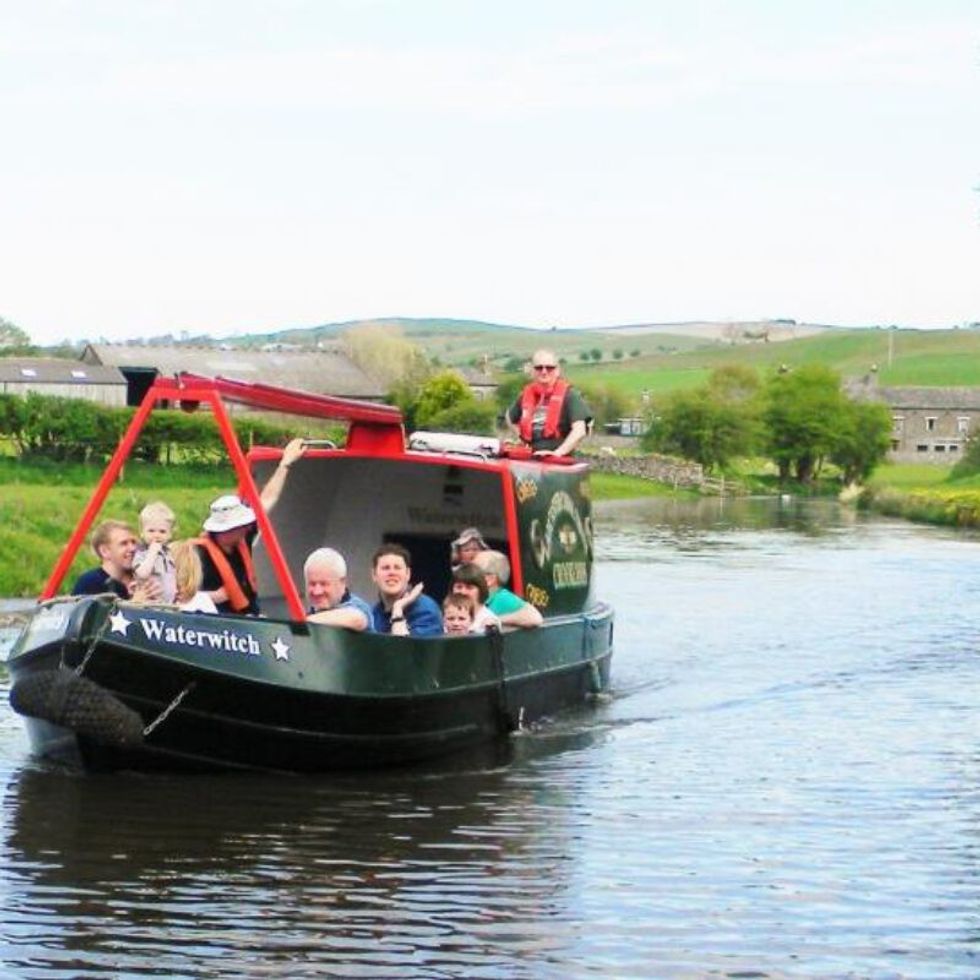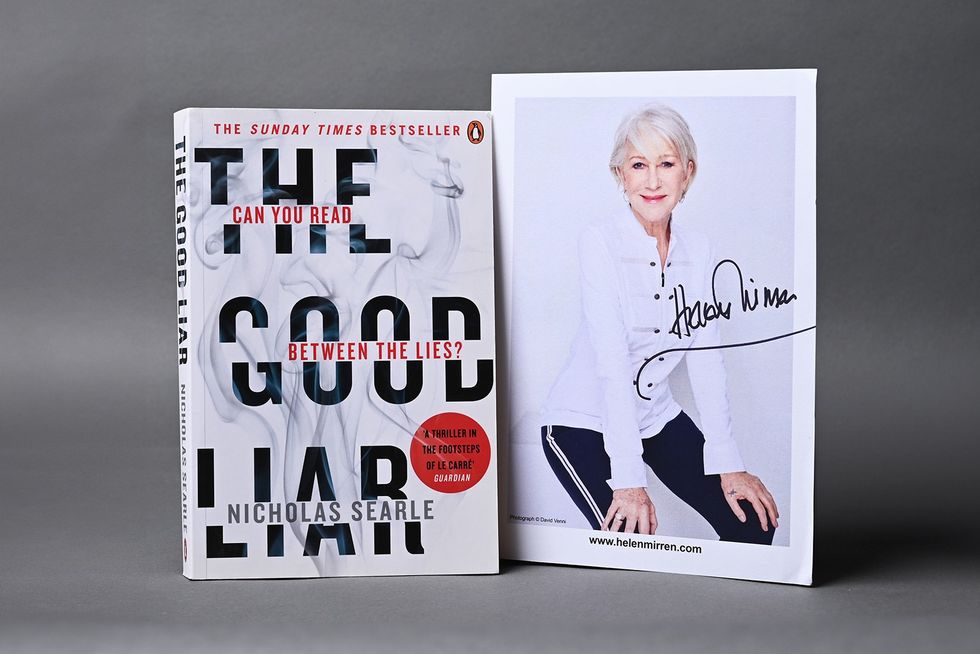Technology is grasping and overtaking in all fields, be it industry or everyday life. But with the ease of work, certain disadvantages are surfacing because of the increase in usage of technology. In recent years, a concerning trend has emerged, a significant rise in mental health issues among teenagers, particularly anxiety and depression.
Jonathan Haidt, a prominent social psychologist, attributes this alarming phenomenon to what he terms 'the Great Rewiring of Childhood' driven by the pervasive use of smartphones and the advent of social media.
According to Haidt, the shift towards 'phone-based' childhoods has profound implications. Children, particularly girls, are increasingly ensnared by the allure of social media, while boys gravitate towards addictive online gaming and pornography.
Earlier, we used to find toys in the hands of children, but these days, they are occupied and, once introduced, are seen with gadgets only. This shift has transformed childhood from a play-based experience to one dominated by screens and virtual interactions.
The rates of depression and anxiety among teenagers have more than doubled over the past decade, accompanied by a troubling increase in emergency room visits for self-harm and suicide attempts. This trend is not confined to the United States; similar patterns have been observed in the UK and other Western countries.
Critics of Haidt's research often point to alternative explanations, such as the myriad of stressors facing today's youth, including climate change, inequality, and political turmoil. However, Haidt presents compelling evidence to support his thesis. He argues that previous generations also faced collective crises but did not experience the same surge in individual psychological distress. Instead, mounting evidence links the rise in mental illness to smartphone and social media use.
A seminal study conducted by the British Millennium Cohort found a direct correlation between social media usage and depression, particularly among girls. Those who spent more than five hours a day on social media were three times more likely to experience depression compared to non-users.
Moreover, research comparing mental health outcomes before and after the introduction of social media platforms like Facebook further underscores the detrimental impact of online engagement.
But why are 'phone-based' childhoods so detrimental to mental well-being? Haidt suggests that smartphones act as 'experience blockers,' pulling users away from meaningful real-life interactions and experiences.
Adolescents, in particular, are susceptible to the allure of constant connectivity, sacrificing genuine social connections for the superficial validation of likes and followers. Social media exacerbates feelings of inadequacy through constant comparison, fostering an environment ripe for anxiety and depression.
While Haidt's research provides valuable insights, some aspects remain contentious. His assertion that overprotective parenting contributes to the mental health crisis is met with skepticism, as it overlooks broader societal factors. Additionally, the role of the internet's 24-hour news cycle in perpetuating anxiety warrants further exploration.
Nevertheless, Haidt's call to action is clear. Urgent measures are needed to address the adverse effects of smartphone dependency on teen mental health. Advocates propose implementing school phone bans and holding tech companies accountable for their impact on young users. Moreover, raising the age of internet adulthood and enforcing proper age verification mechanisms are essential steps towards safeguarding adolescents from online harm.
(With inputs from The Guardian)


















 Natural beauty and architectural splendourGetty
Natural beauty and architectural splendourGetty Peaceful waters and stone-built aqueductsLancaster Canal Trust
Peaceful waters and stone-built aqueductsLancaster Canal Trust
 Diljit Dosanjh and Prabal Gurung attend the 2025 Met GalaGetty Images
Diljit Dosanjh and Prabal Gurung attend the 2025 Met GalaGetty Images 
 Firoza and RupaliTom Bradley
Firoza and RupaliTom Bradley